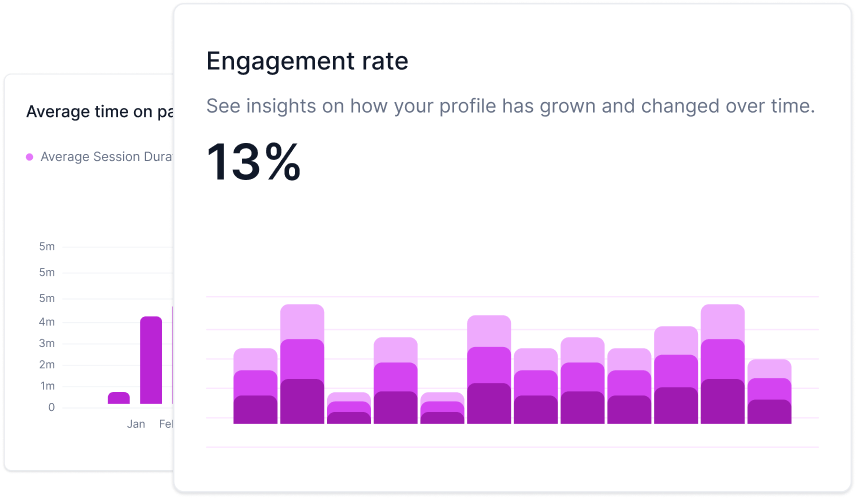What are Long-Tail Keywords?
Long-Tail Keywords are search phrases that are more specific and often longer than more commonly searched keywords. While they might fetch fewer search results, they generally boast a higher conversion rate, mainly because they target a more specific audience looking for something very particular.
For instance, instead of searching for "shoes", a user might enter "black leather running shoes for women". The latter is a long-tail keyword, bringing users who know exactly what they want, which increases the likelihood of a purchase or a desired action.
How do Long-Tail Keywords differ from broad or short-tail keywords?
Broad or short-tail keywords are the opposite of long-tail keywords in terms of specificity. They are general, highly competitive, and have a high search volume. Using the above example, "shoes" is a broad keyword. While it might attract a lot of traffic, the competition for ranking is fierce, and the conversion rate might be lower. This is because the user intent isn't clear. Are they looking to buy shoes, research shoe types, or find a shoe repair service?
On the other hand, long-tail keywords, being more specific, naturally have a clearer user intent behind them. They might have lower search volumes, but they tend to attract more qualified leads.
Why are Long-Tail Keywords important for SEO and online marketing strategies?
There are several compelling reasons to focus on long-tail keywords:
- Higher Conversion Rates: As mentioned, the specificity of long-tail keywords means that they often bring in traffic that's closer to the point of purchase or action.
- Less Competition: With specificity comes lesser competition. It's easier to rank for "blue denim button-down shirt for men" than for "shirt".
- Cost-Effective for PPC: If you're using pay-per-click (PPC) advertising, targeting long-tail keywords can be more cost-effective. With less competition, the cost per click is generally lower, and the conversion rate can be higher.
- Better Content Targeting: By focusing on long-tail keywords, you can create content that precisely addresses a user's needs, making your content more valuable and increasing the chances of engagement.

